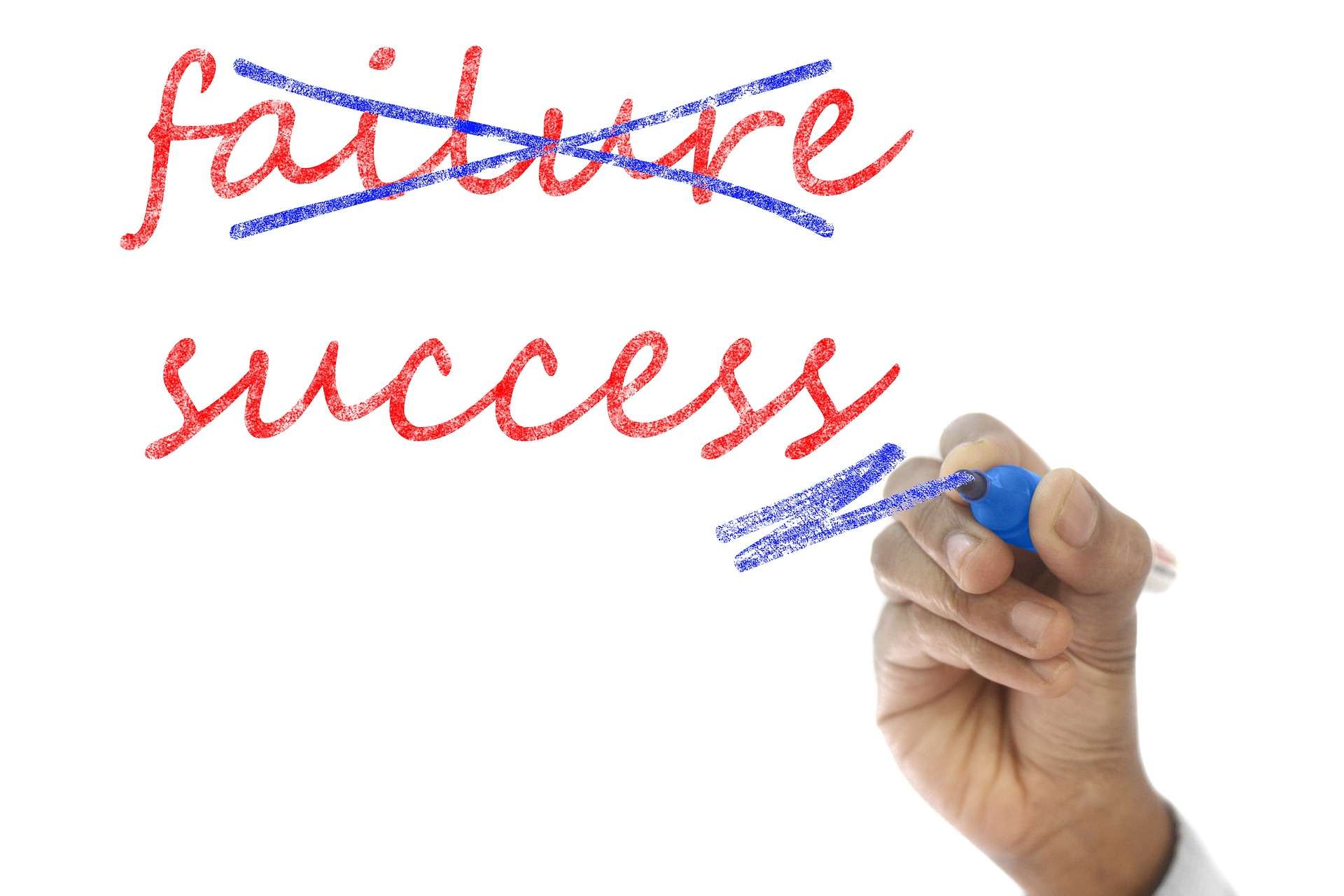
People are too afraid of failure. Yet if you stop and think about it, the majority of us would agree that our most important learning experiences often are the result of failure. One of the reasons mature people stop growing and learning is because they become less and less willing to risk failure. If you are not making any mistakes, you are not risking enough. Much of what we call experience or wisdom was learned from our failures. Most successes are built on a foundation of failures. But when we fail, we feel weak. Nobody likes to feel weak. Yet Paul points out, “For when I am weak, I am strong.”[2]
The Chinese have a word kiasu, which means “afraid of losing”. This refers to a person who is afraid to move, even after all the planning, having all the resources, etc. He is ever-worried that it is too dangerous to move forward. The B4T leader must face the uncertainty that arises, fully aware that, as a pioneer, there is often no previous model to learn from or depend on. There is an element of uncertainty and potential loss that could create fear, causing us to hesitate and not act.
Think of Moses at the burning bush, Joshua being anointed to be leader, Gideon in the wine press, Elijah fleeing Jezebel, and Peter before the cock crows. Need I go on? God keeps us weak so that His strength can flow through us, enabling Him to receive all the glory. As leaders, we need to adequately prepare, listen to God, and then in faith, boldly execute the plan. Such boldness is not to be equated with recklessness, but rather is a matter of confidence and risk-taking determined by God’s leading and adequate planning. When God has spoken and all the planning has been done, it is time to act.
Thomas Edison explains, “I have not failed. I have just found 10,000 ways that don’t work.” The most successful B4Ters do two things differently than other people: First, they are more willing to take risks and therefore, fail more often. Second, they use their failures as a source of motivation and feedback on how to do things better. Society teaches us that failure is something to avoid at all costs. Fear of failure causes us to be tentative or inactive. Don’t become stuck on a failure. The toughest problems teach the best lessons. Learn from each failure. What you learn informs your next action.
How have you overcome fear of failure in your business and life? If you have failed in the past do you find it more or less difficult to take risks today? Please share in the comments below.
[1]John 14:6
[2]2 Corinthians 12:10
![]()
PATRICK LAI and his family have worked in SE Asia for over 37 years. His experience in doing business with Jesus has brought him to understand the meaning of work and worship in the marketplace. He started 14 businesses in four countries, six of which are still operating. Patrick and his wife, May, mentor and coach businesspeople working where there are few or no Christians. Check out Patrick’s latest book, Workship, now available in paperback and e-book.
